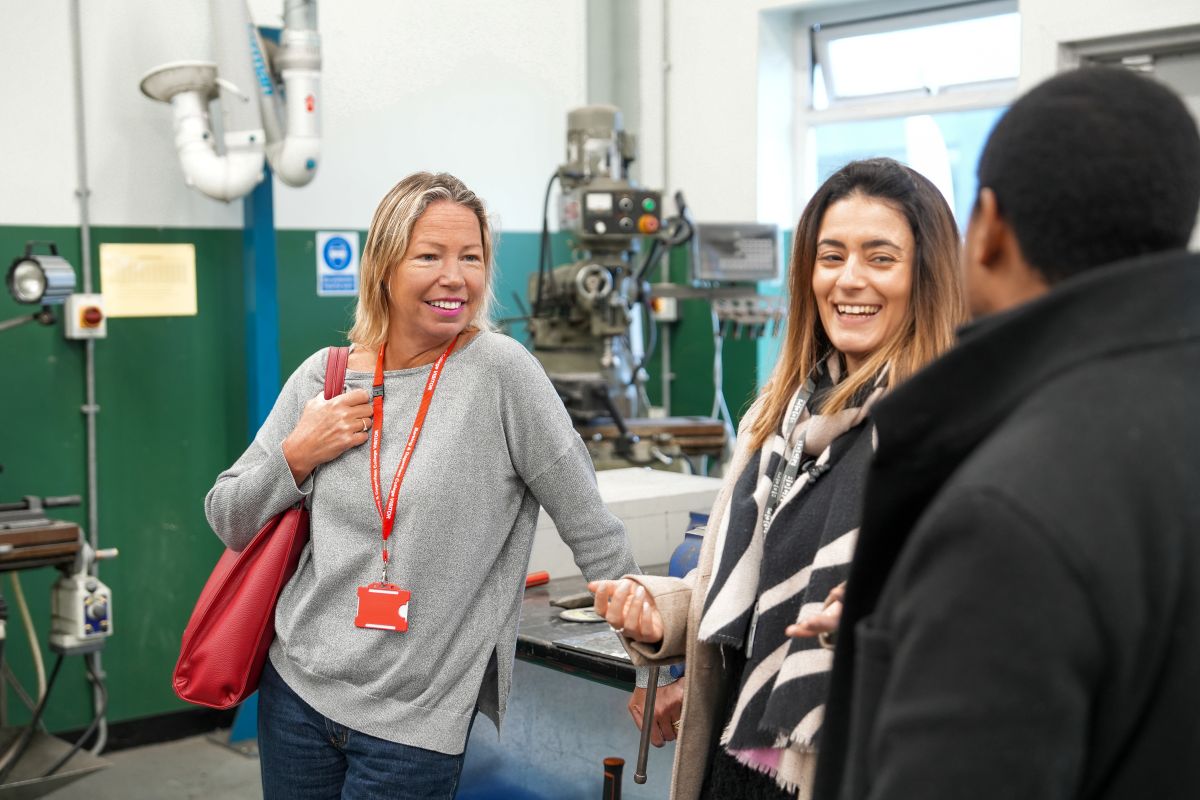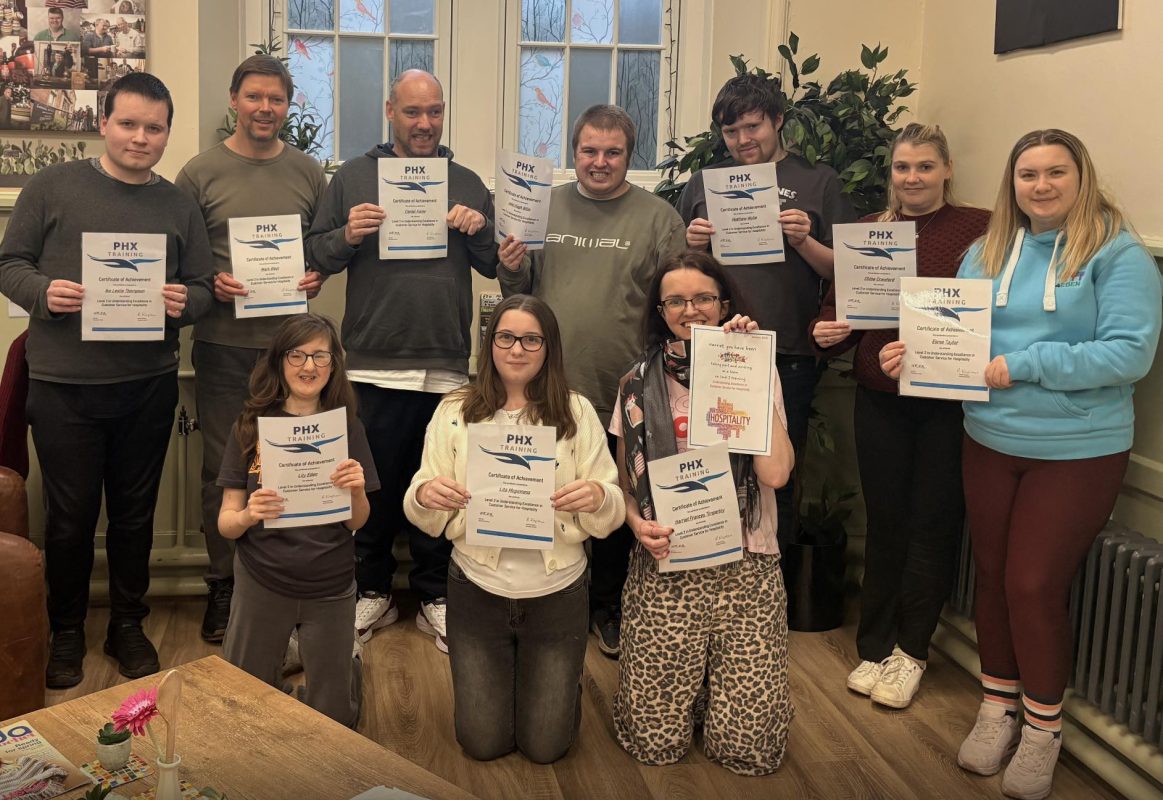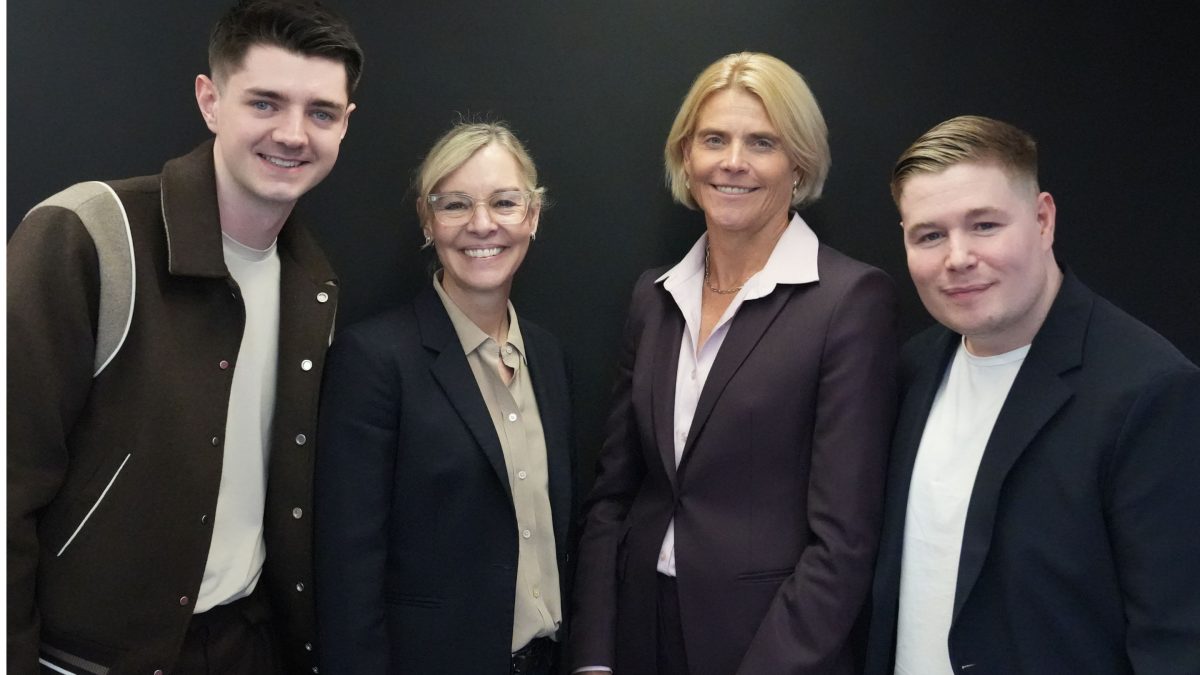Getting Kickstart Working – My Top 5 Recommendations to Make Kickstart a Success

I’ve been part of the Youth Employment Group since it began a week or so into lockdown, it’s been brilliant to see 100s of committed organisations sharing their views on what’s going to matter moving forward. The Government’s announcements investing in jobs, training and support for young people is exactly what we need and what we ALL called for.
Making this a reality is now the next most important thing we can all do. I’ve got some form on this, as someone commented on social media! I’ve led large scale youth employment programmes since the late 90’s and none of them miraculously ‘happen’ just because money is available, they’ve all needed partnerships and a concerted effort to make them work in practice.
There’s also some fundamental principles I would hope to see, such as making sure there is an inbuilt environmental, community and social benefit; jobs designed to support young people who need them the most; jobs genuinely being additional and not displacing other workers.
Having said that, delivery and getting Kickstart to scale, quickly and with impact should encompass these 5 top tips:
- Local consortia need to work together and create additional jobs that make sense in the area. This is especially important where the labour market is depressed. My experience of building consortia is that once you have a handful of enthusiastic businesses on board, more will be encouraged to join in. FOMO works! It also helps to stimulate more ambition than businesses might have if acting in isolation. I’ve seen organisations tentatively say they could create 50 temporary jobs and ended up creating over 500; or tiny SME’s offer one job but then create five or six. The confidence from being part of a supportive consortia makes managers aim higher. It also makes it easier to spot gaps and actively seek out jobs in areas where employers are thin on the ground. This is really important if Kickstart is to truly be part of a universal offer. Consortia will help ensure Kickstart opportunities won’t disadvantage young people simply because of where they live.
- Meet the needs of all young people. Don’t assume young people will make a stampede for 25 hour per week jobs all based in the city centre, many of them can’t afford to. We have to create flexible jobs and a wide range of them. Plug in to community activities, local initiatives, arts, creatives, digital as well as businesses who are part of supply chains. Make as many of the jobs full time with part time options for those who need or ask for them; young people have rent, childcare and transport costs too.
- Young people are not one homogenous group. Some have support needs just like other staff and by the time someone is unemployed for 6 months or more their anxiety, loss of confidence, increased debt, housing worries, unhealthy lifestyles can kick in. Employers may not be skilled or able to offer welfare support…but there are many organisations who can. The beauty of a consortia is that this can be designed in.
- Employers need advice too. I’ve worked with all shapes and sizes of businesses who’ve created jobs akin to Kickstart. Some are big, unwieldy and find it hard to mobilise and I’ve seen promises of jobs never materialise; others are tiny and this might be the first time they’ve hired someone. Contracts of employment, working practices, allaying manager’s worries, job design, staff welfare, training, mentoring will all be issues. Employers can benefit by simply sharing with other businesses who’ve tackled the same challenges, or from a support team as part of the consortia that is there to hand hold throughout the young person’s job. It’s also pretty bewildering for many employers to interface with JobcentrePlus, many will find it easier if this is handled for them and warmer handovers between JCP and employers will mean young people find the right job and employers have a good experience.
- Temporary jobs are a stimulus for ‘kickstarting’ (see what I did there…) someone’s working life, I’ve seen it work over the last 20 years in various guises. I’ve seen people go on to be managers in multi-National businesses, set up their own companies and employ people. I’ve also seen so many young people hang on until almost the last day, hoping the company will keep them on, wanting to believe this so much outweighs the rational need to start looking for the next job sooner. At this point young people will benefit from support to maximise and recognise the skills they’ve learned, get the best reference they can from the job they completed, and get the next job. Young people will need support around month 4 if the job isn’t looking like a keeper. Consortia can help with CV updates, interview practice, business to business networking, all helping more people stay in work, not return to benefits, creating a pipeline for new recruits.
If these sound like the right steps to you, or if you have other important tips I’d love to hear from you. Feel free to email me!
Tracy Fishwick OBE, Managing Director, Transform Lives
Getting Kickstart working will take more than a pot of cash for businesses











Responses